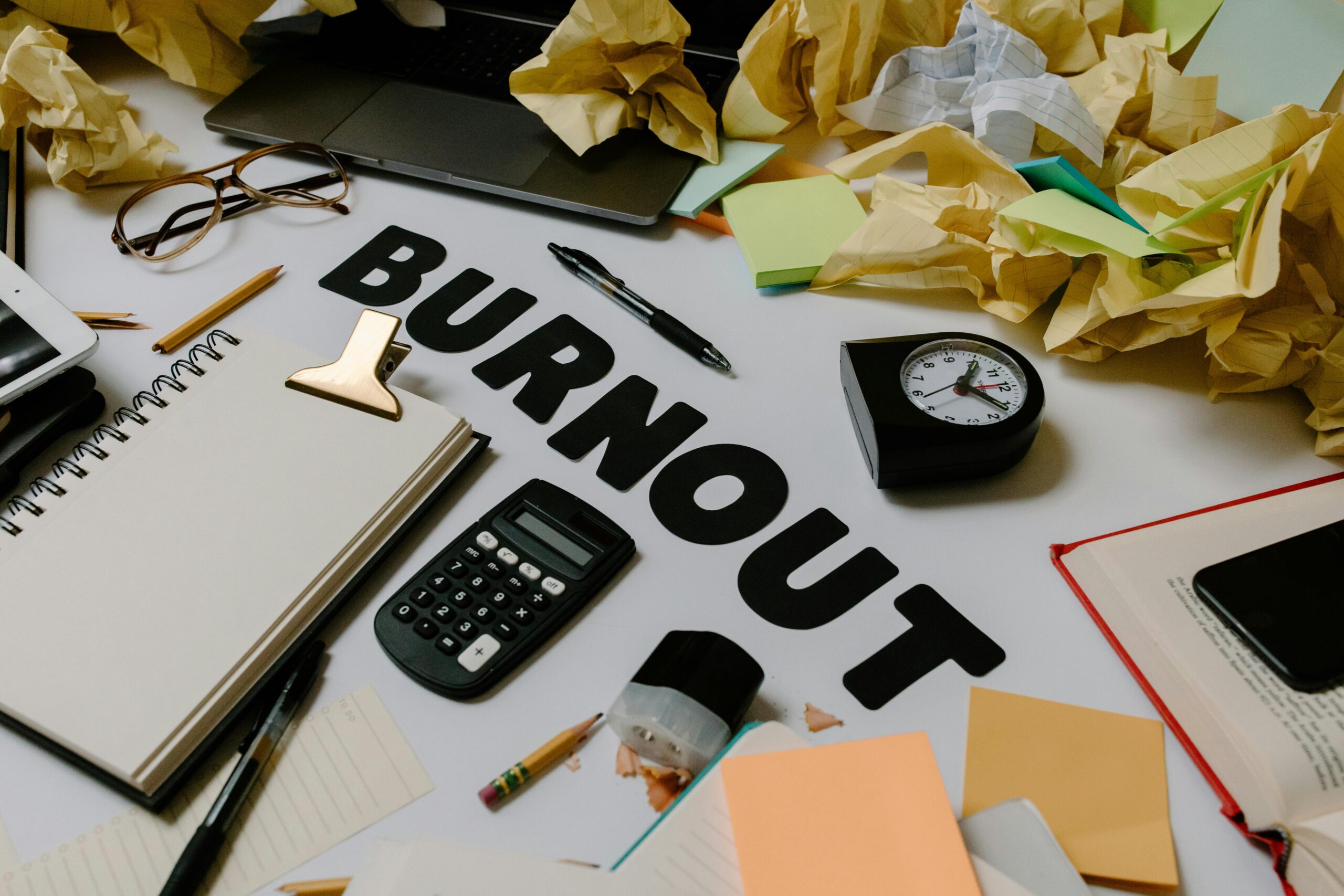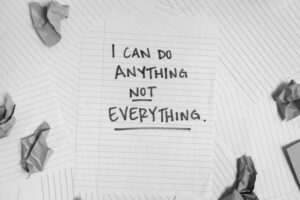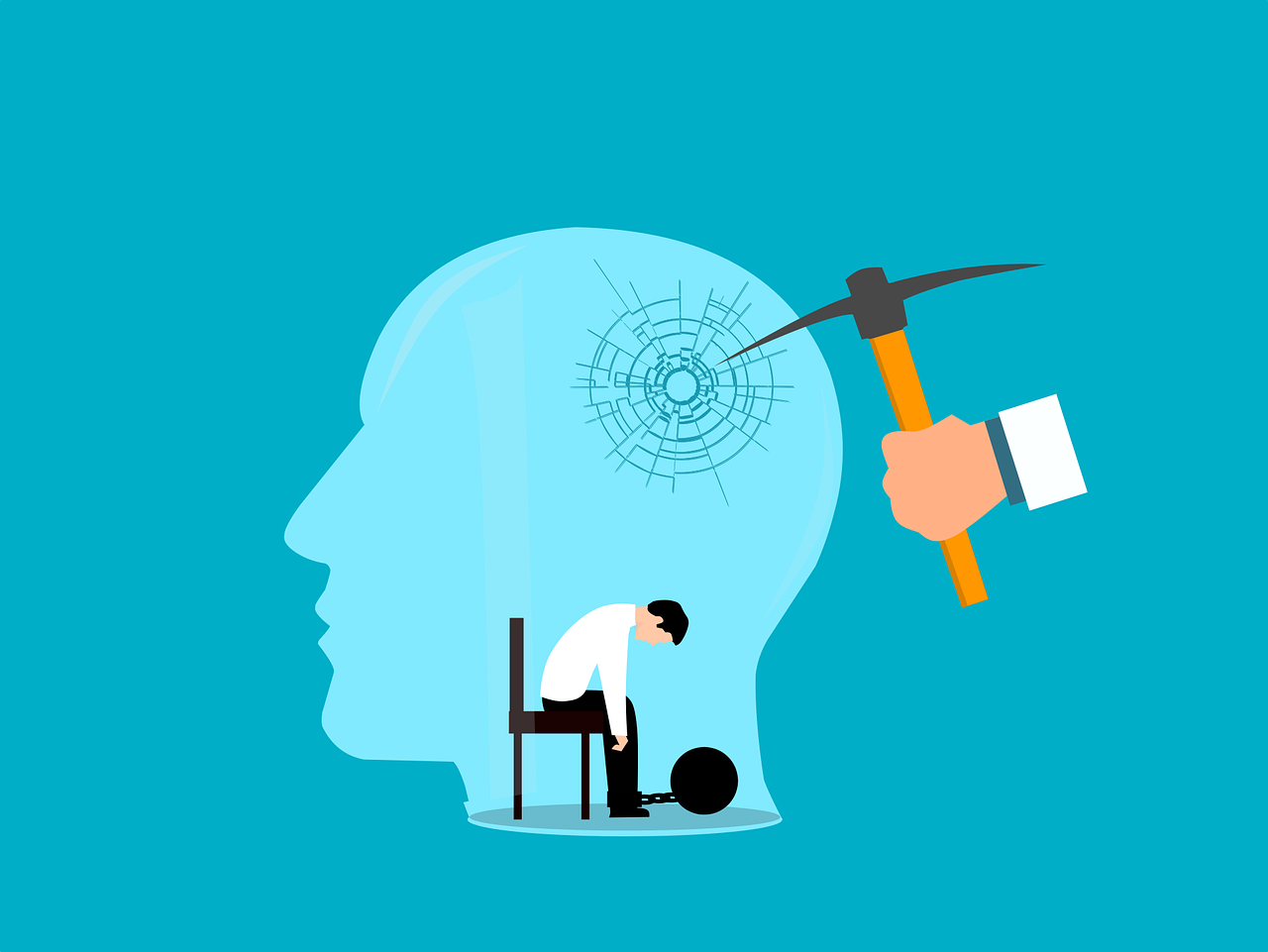How to Recover from Burnout
What is burnout? How does it feel? Have you ever imagined: your fuel tank is empty, and you are driving through a haze in which even ordinary layoffs feel like insurmountable burdens? No, I’m not saying burnout means emptying your car’s gas but the description is somewhat similar.
Burnout is more than just being tired — it’s a level of emotional exhaustion that can make you feel so disconnected from all the good things in your life. But, don’t worry recovery is possible.
Read on for recovery steps and advice on the best apps to use, and to regain equilibrium and happiness so you can defeat burnout.
Steps to recover from burnout
Step 1: Acknowledge; Then Admit The Burnout
You first need to admit that you are burnt out before you can even start on your road to recovery. It seems pretty obvious, but often enough we just keep pushing ourselves and ignoring all those warning signs until it is too late.
Accept and allow your overwhelmed, exhausted, or disconnected feelings. Well, this only fuels burnout. But it’s okay cause the road is long and you’ll eventually overcome this phase as you always do.
Signs of burnout:
- Frequent headaches
- Constant fatigue and lack of energy
- Difficulty concentrating or making decisions
- Increased irritability or frustration
- Detachment from work or daily tasks
- Decreased productivity and performance
- Sleeplessness
- Feeling overwhelmed
- Loss of interest in activities
- Emotional numbness or feeling detached from others
For example, if you are a content writer and adored telling stories using words on websites — but now each word seems like the biggest struggle ever, just by thinking: ‘Oh my god who can think of 300 more to finish today?’— then burnout is most definitely what you are in. Awareness is the first step to healing.
App: Try using the “Reflectly” App. A journal that allows you to reflect on your emotions and patterns for stress and exhaustion
Step 2: Take a Step Back
When you notice the above signs in your daily life, you should pull away from your activities— even though it’s only temporarily done. A break is necessary to control the emotional turmoil. And this break can be the fresh air required to get some perspective and avoid becoming a mess of emotions.
For instance: In case it is your job that causes burnout, then take a couple of days of rest. And if that is not feasible, create healthy boundaries—minimize the work you do after hours and schedule restrictive but healthy breaks in your day.
Apps: Meditate with the “Calm” app for guided meditations to clear your mind and relieve stress while on this break.
Step 3: Reconnect with Your Purpose
Burnout will make you forget why you began. As in, it makes the discovering tough work seem not worth any reasonable reward. Take it slow. After taking a break think it over; find the reason and cause for the burnout.
Start over slowly from the bottom by focusing on your weak points and make your way through by finding the purpose again.
For instance, if you are exhausted from running social media and it starts feeling like a chore instead of something that brings delight, remind yourself why content creation makes you happy. It could be the creation phase or the effects your work causes people to feel.
Apps: ‘Day One’ is the most perfect journaling app for you to reflect on your goals and your passions. The reason behind trying this is to find a way: Write about how you started your journey and why it’s important for you.
Step 4: Prioritize Self-Care
Rest your Mind: Mental Burnout Is more tiring than anything else. Take part in activities that rejuvenate your mind, body, and soul. Staying active as much as possible helps you heal quickly. The Mind Needs to stay active and come to terms with the consequences of losing control of emotions. Do things that help you to feel better.
Examples: Moving more, playing mind games, reading books on spiritual matters or relaxation strategies, being outside in the sunlight and with nature… catching up with friends/family, etc.
Quality self-care is not selfish, it is necessary
App: ‘Headspace’ Offers Mindfulness and Sleep Exercises to Relax And Recharge.
Step 5: Set Boundaries and Say No
Over-commitment is at the top of the list when it comes to burnout. You must set healthy boundaries and know when to say no, guilt-free.
It is necessary to say no even though it might affect you because your current yes can hinder your future progress or mental health. Practicing time and energy management is an essential form of self-protection in recovery.
For instance, If you are a social media manager overflowing with accounts, pick and choose what tasks to outsource or lighten your load. Just don’t lie to yourself and hold the pieces that you cannot.
App: Use the application “Trello” to organize yourself. It allows you to sort where your responsibilities are and what can be passed on or put in next week.
Step 6: Seek Support
It’s okay to seek support from others when you are low. Call or meet a friend, or family member or call in the services of a professional therapist. Seek advice from them and share your thoughts with them, this can ease some burden off your shoulders.
At times speaking about your difficulties can bring you clarity and comfort. Sometimes they provide a fresh perspective, other times there will be someone to hold space and simply listen.
App: You can access caregiver support with more than 8,000 therapists on receipts at their site or via an app you download from your favorite app store (it is called “BetterHelp“). This app provides an easy way to understand the issue of mental health and if speaking face-to-face seems terrifying, this option is yours.
Step 7: Recover bit by Bit
Don’t jump back into the hustle when you start to feel better The road to healing from burnout is long. Spend the next two weeks easing back into your routine with the intention of doing more of what lights you up!
Try to create a hobby you always wanted to do but neglected. Add that hobby into your daily routine and spare some time to do it.
Final Thoughts
Dealing with burnout is a process, not an event. This is a long game, it takes patience and self-compassion — bigger shifts require intention. The good news is that in acknowledging your burnout, pause for a moment to regroup and find purpose once more, and you can come back fortified stronger than ever and will be able to re-kindle the magic again.
Fun fact: It’s perfectly okay to request help, or take your time! Your well-being is worth it.

























